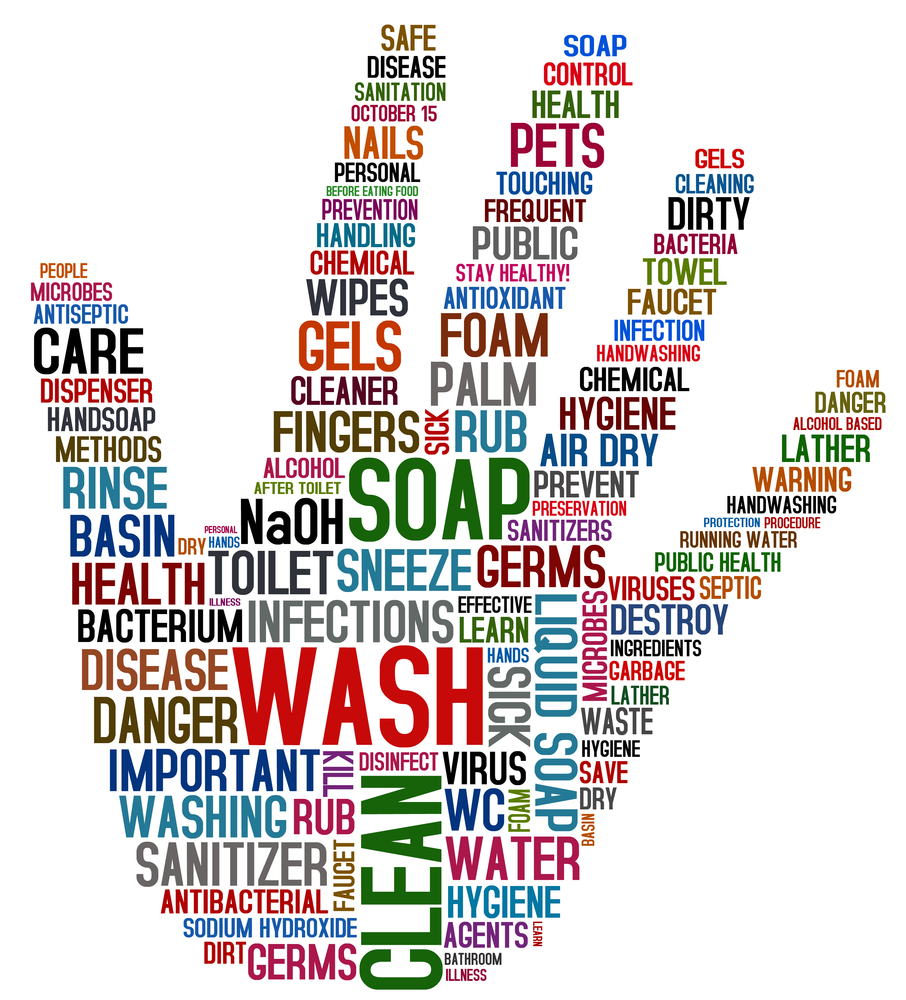According to the World Health Organisation (WHO), sepsis is a potentially life-threatening complication of an infection.
It occurs when chemicals released into the bloodstream to fight the infection trigger inflammatory responses throughout the body.
WHO says that if not recognised early and managed promptly, sepsis can lead to septic shock, blood pressure drop, multiple organ failure and death.
Sepsis occurs more in low and middle income countries where it represents a major cause of maternal and neonatal morbidity and mortality.
It is estimated to affect more than 30 million patients worldwide annually. Global rates of sepsis are thought to be growing rapidly.
At the seventieth World Health Assembly, member-states adopted a resolution on improving prevention, diagnosis and treatment of sepsis.
According to the resolution, WHO will assist member-states by developing guidance for the prevention and management of sepsis, and supporting countries to establish the necessary laboratory capacities, strategies and tools to address the disease.
However, WHO also notes that effective hand hygiene plays a key role in the prevention of sepsis and other infections including Ebola, diarrhea, common cold and most gastrointestinal infections.
The focus of the 2018 World Hand Hygiene Day, to be commemorated on May 5, is prevention of sepsis by highlighting good prevention and control practices and save millions of lives.
The 2018 World Hand Hygiene Day has the theme: “It is in Your Hands – Prevent Sepsis in Healthcare”.
Dr Efunbo Dosekun, Consultant Paediatrician, describes sepsis as a major contributory factor to high mortality rate among adults and babies in Nigeria.
According to her, sepsis misdiagnosis and late presentation to hospital are mainly responsible for the deaths.
Dosekun, the Chief Executive Officer of Lagos-based Outreach Hospitals, says: “Sepsis is very common in Nigeria and also ignored which is why we have late presentation of cases in the hospitals.
“People come to hospitals late; they go to pharmacies and drug vendors first in a bid to save money.
“Unfortunately, a lot of fevers associated with sepsis are usually assumed to be malaria; misdiagnosis of sepsis will definitely be playing a huge part in the high death rate in the country,’’ the consultant says.
According to the medical expert, the symptoms of sepsis are similar to those of malaria – fever, chills, loss of appetite – hence, the problem in diagnosing the disease.
“People with high fever, including children, should visit hospitals for proper evaluation.
“Doctors and nurses who look after babies must be very responsive; supervision should be intense because different complications can occur,’’ she says.
Dosekun urges the citizens, including family members, food vendors and health workers, to imbibe the culture of hand washing to prevent cross infection.
According to her, diseases that have caused epidemics in the past, including Ebola and Lassa fever, can occur through lack of hand washing.
“In the home setting, we must train everybody in the family to always wash hands.
“There are some diseases called the fecal oral route, which means that you have used your hands in the toilet and did not wash them properly.
“If you have contact with food and infect the food, other people who eat that food will develop diarrhoea and other illnesses, some of which can lead to sepsis,” she warns.
According to her, food vendors in schools, factories and restaurants must ensure that they maintain a high sense of hand hygiene especially through hand washing.
“Apart from that, they must check that they are not chronic carriers of salmonella because there can be epidemics.
“A hospital worker can, through lack of good system of hand washing, spread infections from one patient to another,’’ Dosekun warns.
For Dr Nze Egbule, a public health practitioner, the general poor knowledge on the importance of hand hygiene in the country calls for increased sensitisation of the citizens to the good culture.
“The culture of frequent hand washing is lacking in our society; most people only wash their hands before and after eating, or after using the toilet.
“In fact, some do not even wash their hands after making use of the toilet.
“People must make hand washing a habit; wash your hands whenever you come back home, before doing any other thing.
“Wash your hands before and after meals, wash your hands after using the toilet; the hands must be washed after removing thrash, cleaning and changing of baby’s diaper, when you have cold and frequently throughout the day.
“Fingernails must also be neatly groomed and kept short and clean to prevent germs from breeding there,” he advises.
It is hoped that culture of regular hand washing and general hygiene will go a long was to reduce sepsis and death in the society. (NANFeatures)



Leave a Reply